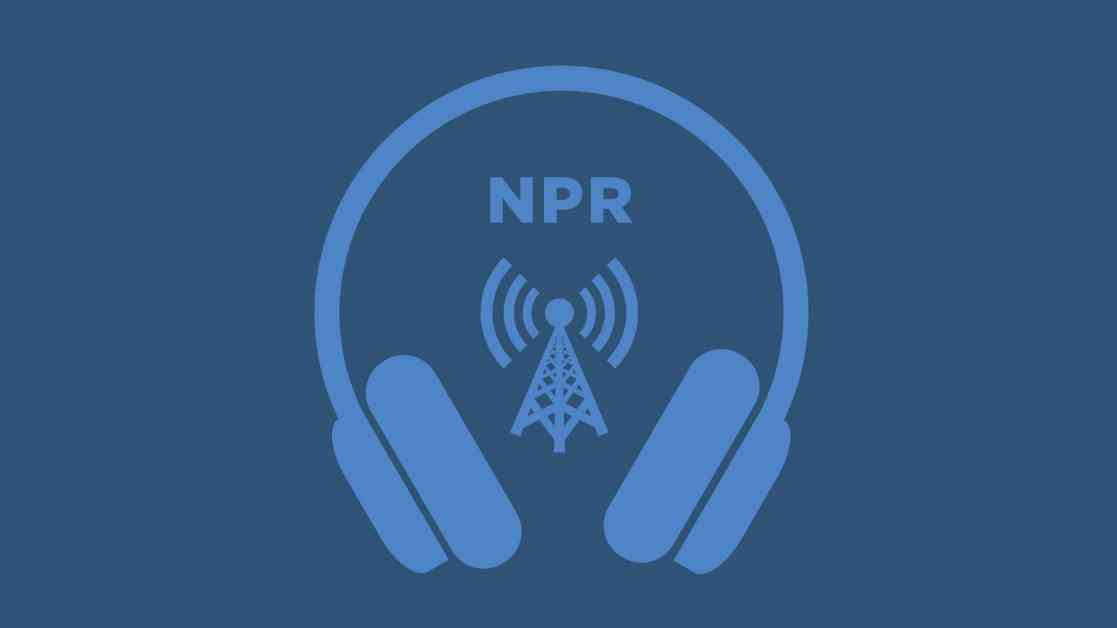As overdose deaths among young people continue to rise due to the prevalence of potent opioids like fentanyl, college campuses are taking steps to address the issue. One group has organized students at 28 campuses to distribute and use Narcan, an overdose reversal drug.
Preston Quigley, a recovering addict and student at West Virginia University, highlighted the increased dangers of drug use, especially with the presence of fentanyl in various substances. He emphasized the need for awareness and prevention efforts to protect college students from accidental overdoses.
Despite the rising overdose death rate among 18 to 24-year-olds, there is a lack of data on student overdoses and fatalities on college campuses due to medical privacy laws. Christina Freibott, a public health researcher, pointed out that many schools are hesitant to address the issue openly for fear of damaging their reputation.
Some colleges have taken proactive measures to prevent overdoses, such as training students to recognize and respond to overdoses, distributing free naloxone kits, and providing fentanyl test strips. However, there is a need for more coordination and sharing of best practices among colleges to standardize overdose prevention efforts.
Theo Krzywicki, founder of End Overdose, emphasized the importance of peer-led initiatives in educating students about overdose risks and training them to use naloxone. By working directly with students, the group has established chapters on 28 college campuses and is looking to expand to more schools.
One student, Madeleine Ward, shared her experience of losing a friend to overdose and feeling unprepared for the realities of drug use when she started college. She co-founded an End Overdose chapter at UCLA to raise awareness and provide training on overdose prevention, noting a positive shift in attitudes towards carrying Narcan on campus.
Overall, the efforts of students and organizations like End Overdose are making a difference in reducing overdose risks on college campuses. By empowering students to take action and educate their peers, they are creating safer environments and raising awareness about the dangers of drug use among young adults.

